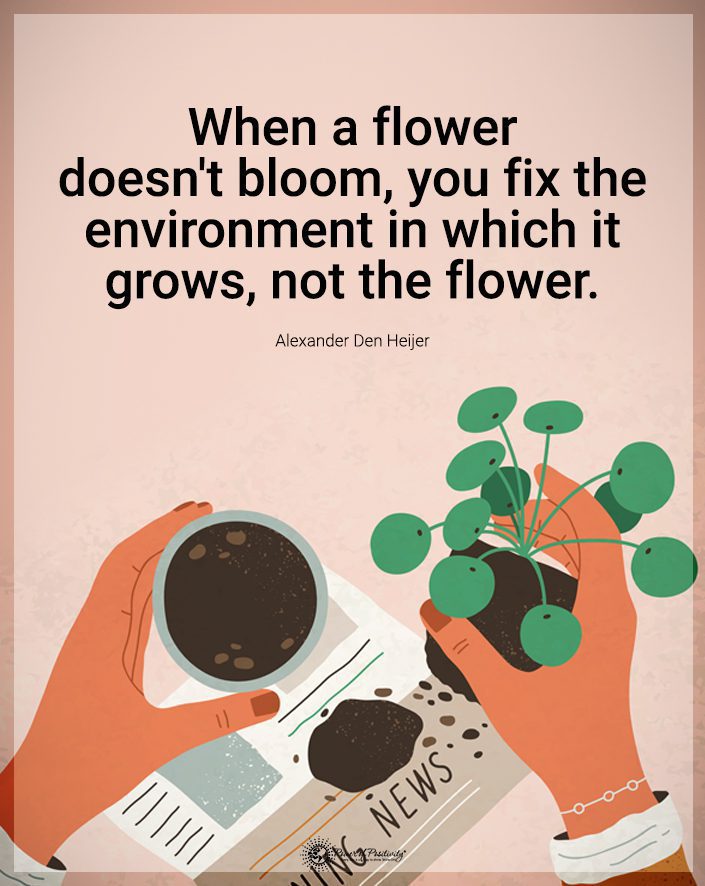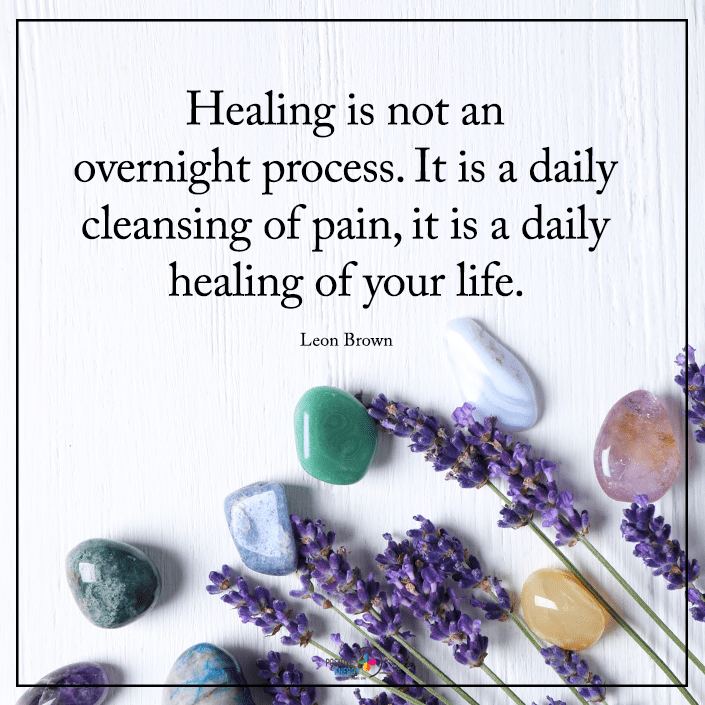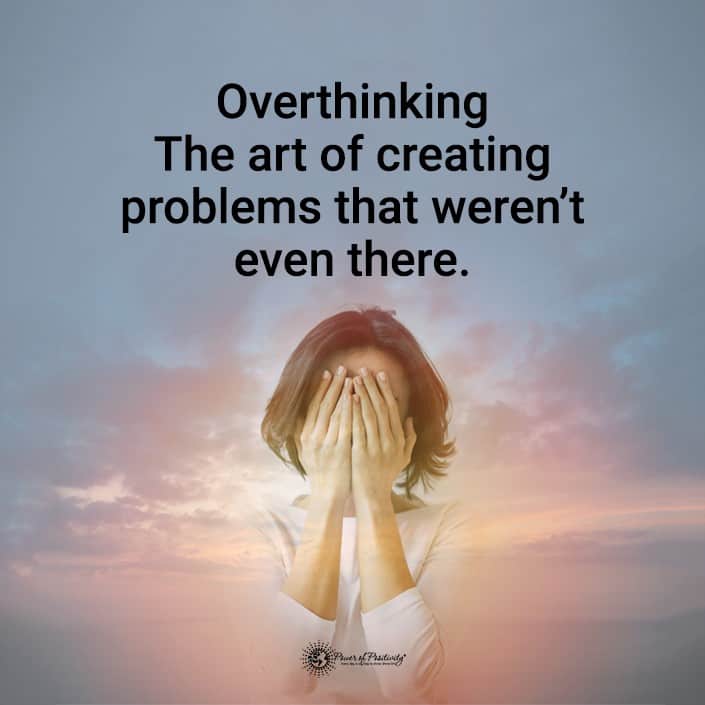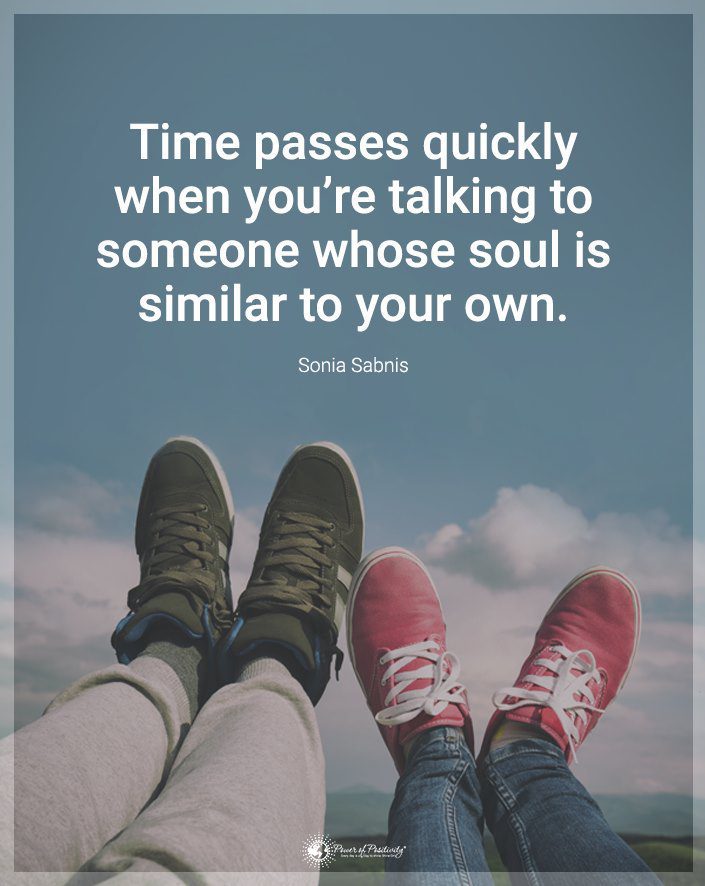Is your body too acidic?
Environments that are acidic in nature invite illness, and our body is no different in this respect. Relative to the body, an excessively acidic environment invites bacteria, illness, yeast, and other unhealthy agents.
Excessive acid levels in the body causes the transfer of minerals from healthy bones and organs in order to neutralize this acid. As a result, minerals including magnesium, calcium, potassium and sodium can become dangerously depleted. This is just one example of how equilibrium can be thrown off when the body contains too much acid – resulting in the body often having to compensate by reallocating essential substances for health.
Generally, stages of acidity occur in three phases. For the sake of simplicity, we’ll classify these stages as Phase I, Phase II and Phase III. Of course, each phase consists of symptoms that vary in severity and type. We’ll also discuss things we can do to ease acidic symptoms and achieve homeostasis – the balancing of pH levels in the body.
“Diseases happen in acidic environments, so it’s very important to keep your body alkaline. Keeping a diet high in leafy greens, spring water, fresh air, raw almonds, lemons, grapefruits, and warm water with juice from half a lemon helps lower acidity levels.” – Valentina Zelyaeva, supermodel
Phase I: Mild Acidity

This phase involves slightly-high acidic levels, but nothing too extreme. Depending on the individual affected, symptoms may be very subtle – almost non-noticeable – to creating a bit of discomfort. Generally, symptoms may include: increased feelings of cold, decreased sex drive, strong-smelling urine, muscle pain, hyperactivity, joint pains, head congestion, and heartburn.
Fatigue, acne, panic attacks, diarrhea, headaches, and constipation are also symptoms that have been reported during this phase. Generally, these symptoms are relatively slight in nature.
If the individual does not begin the process of self-correcting acidity levels, it can potentially progress to Phase II.
Phase II: Moderately Acidic Body
As anticipated, symptoms of acidosis begin to intensify in Phase II. It is important to note that such symptoms are capable of inflicting long-term harm onto the individual.
Common symptoms during Phase II include: colds sores, endometriosis (pain of the uterus), headaches, hives, migraines, depression, psoriasis and eczema (skin inflammation). Other reported symptoms include the following: asthma, cystitis, bronchitis, insomnia and problems with memory.
The above symptoms of moderate acidity are generally much more noticeable and correctable than those in Phase I. As such, individuals that experience said symptoms should begin the process of lowering acid levels. Of course, if this corrective action is not taken, the accumulating acidosis will generally result in the unveiling of Phase III.
Phase III: Severely Acidic Body
This is the final and most harmful stage of acidosis. In Phase III, more symptoms have a deteriorative effect on cognition and bodily functions. It goes without saying that it is imperative to seek medical attention at this stage of illness.
Common symptoms during Phase III include confusion, headache, jaundice (yellowing in the whites of eyes), fatigue, hypertension, sleepiness, rapid breathing and shallow breathing. This stage also increases the risk of various chronic illnesses, including tuberculosis, multiple sclerosis, cancers, Systemic Lupus Erythematosus, and Chron’s Disease.
Generally, consuming highly acidic food is the primary cause of disproportionate acid levels in the body. Processed and fast foods are well-known to have these types of nutritional shortcomings. Other foods known to severely alter the body’s pH levels include pasta, seafood, cheese, cream, milk and other dairy products.
People exposed to high concentrations of pesticides also risk their bodies becoming too acidic. Lastly, certain medications – particularly antibiotics and synthetics – can heighten acidity levels in the body.
Final Thoughts on Fixing a Too Acidic Body
To correct the imbalance of acid in the body, it becomes necessary to make significant changes in diet. First, it should be a priority to eliminate foods that are highly acidic. Examples include alcohol, soda, sweets, dairy products, and sea foods. Second, it is necessary to include alkaline-producing foods – including most fruits and vegetables. It may be wise to seek the advice of a registered dietician or another medical professional who can recommend specific actions depending on individual needs.













